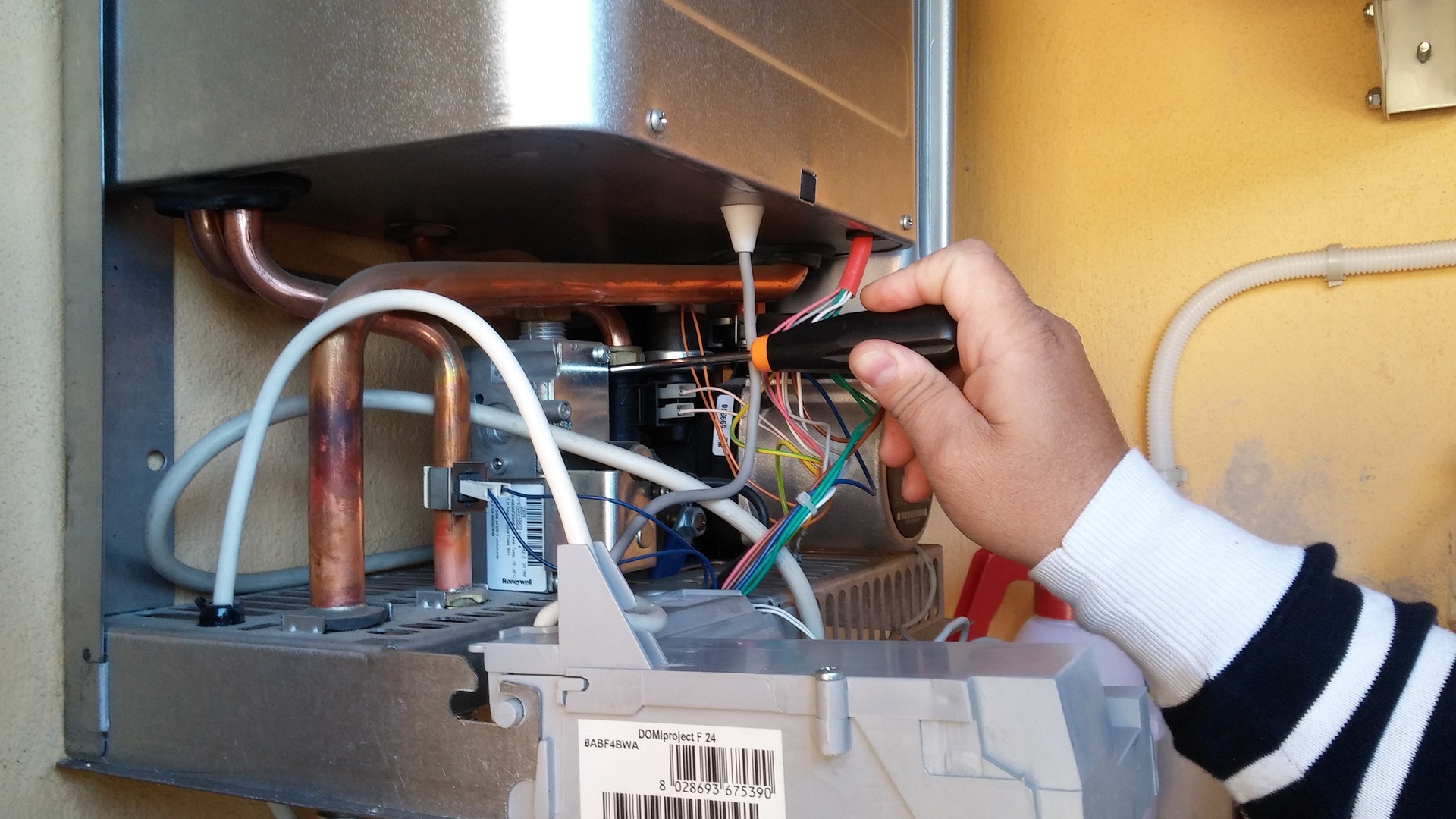How to Find Reliable Home Contractors for Your Renovation
Trusted home contractors can be identified by looking into experience, certifications, and client feedback. Comparing multiple options and asking clear questions helps homeowners select professionals who can provide reliable services for repairs, upgrades, or new projects.

What Makes Home Contractors Reliable and Trustworthy
Reliable contractors demonstrate consistency in their work quality, communication, and project management. They maintain proper insurance coverage, including general liability and workers’ compensation, protecting homeowners from potential legal issues. These professionals provide detailed written estimates, clearly outlining materials, labor costs, and project timelines. They also maintain established business addresses, not just P.O. boxes, and have verifiable references from recent clients. Trustworthy contractors respect your property, arrive punctually, and maintain clean work sites throughout the project duration.
Understanding Licensed Home Improvement Contractor Requirements
Licensing requirements vary significantly by state and project type, but most jurisdictions require contractors to pass examinations, demonstrate financial responsibility, and maintain surety bonds. States like California require general contractors to hold active licenses for projects exceeding $500, while other states have different thresholds. Licensed contractors must complete continuing education requirements and adhere to building codes and safety regulations. Homeowners can verify license status through state contractor licensing boards, which typically maintain online databases showing license numbers, expiration dates, and any disciplinary actions.
How to Identify Trusted Contractors for Remodeling Projects
Start by researching contractors through multiple channels, including online review platforms, Better Business Bureau ratings, and local trade associations. Request references from recent clients and actually contact them to discuss their experiences. Examine the contractor’s portfolio of completed projects similar to yours in scope and complexity. Trusted contractors willingly provide proof of insurance and bonding documentation upon request. They also offer detailed contracts specifying materials, labor, permits, cleanup responsibilities, and change order procedures before beginning any work.
Red Flags to Avoid When Selecting Home Contractors
Avoid contractors who solicit door-to-door, especially those claiming to have leftover materials from nearby projects. Be wary of significantly low bids that seem too good to be true, as they often indicate corner-cutting or hidden costs. Contractors demanding full payment upfront or accepting only cash payments raise immediate concerns. Those unable to provide local references, proper licensing documentation, or insurance certificates should be eliminated from consideration. High-pressure sales tactics, verbal-only agreements, and contractors without established business locations also signal potential problems.
Comparing Project Costs and Contractor Estimates
Home renovation costs vary widely based on project scope, materials, and regional labor rates. Kitchen remodels typically range from $15,000 to $50,000, while bathroom renovations cost between $10,000 and $25,000. Whole-house renovations can range from $50,000 to $200,000 or more. Always obtain at least three detailed estimates from licensed contractors to compare pricing, timelines, and included services. Quality contractors provide itemized estimates breaking down materials, labor, permits, and other expenses rather than lump-sum figures.
| Project Type | Average Cost Range | Timeline | Key Considerations |
|---|---|---|---|
| Kitchen Remodel | $15,000 - $50,000 | 4-8 weeks | Permits, electrical, plumbing |
| Bathroom Renovation | $10,000 - $25,000 | 2-4 weeks | Waterproofing, ventilation |
| Whole House Renovation | $50,000 - $200,000+ | 3-6 months | Structural, systems, permits |
| Room Addition | $25,000 - $75,000 | 6-12 weeks | Foundation, electrical, HVAC |
Prices, rates, or cost estimates mentioned in this article are based on the latest available information but may change over time. Independent research is advised before making financial decisions.
Building Successful Contractor Relationships
Establish clear communication expectations from the project’s beginning, including preferred contact methods and update frequencies. Document all changes or modifications in writing before implementation to avoid disputes later. Regular site visits help ensure work progresses according to specifications and timelines. Maintain professional relationships while being firm about quality standards and contract requirements. Reserve final payments until all work is completed satisfactorily and you’ve received warranties, permits, and lien waivers as applicable.
Selecting reliable contractors requires thorough research, careful verification of credentials, and clear communication throughout the selection process. Licensed professionals with strong local reputations, proper insurance coverage, and detailed contracts provide the best foundation for successful renovation projects. Taking time to properly vet contractors before signing agreements protects your investment and increases the likelihood of achieving your renovation goals within budget and timeline expectations.




